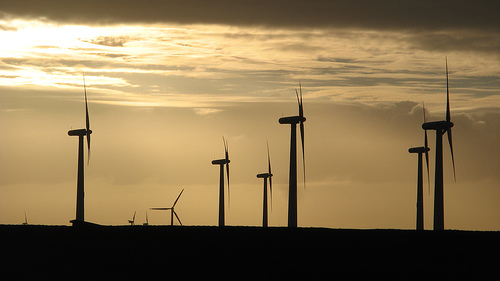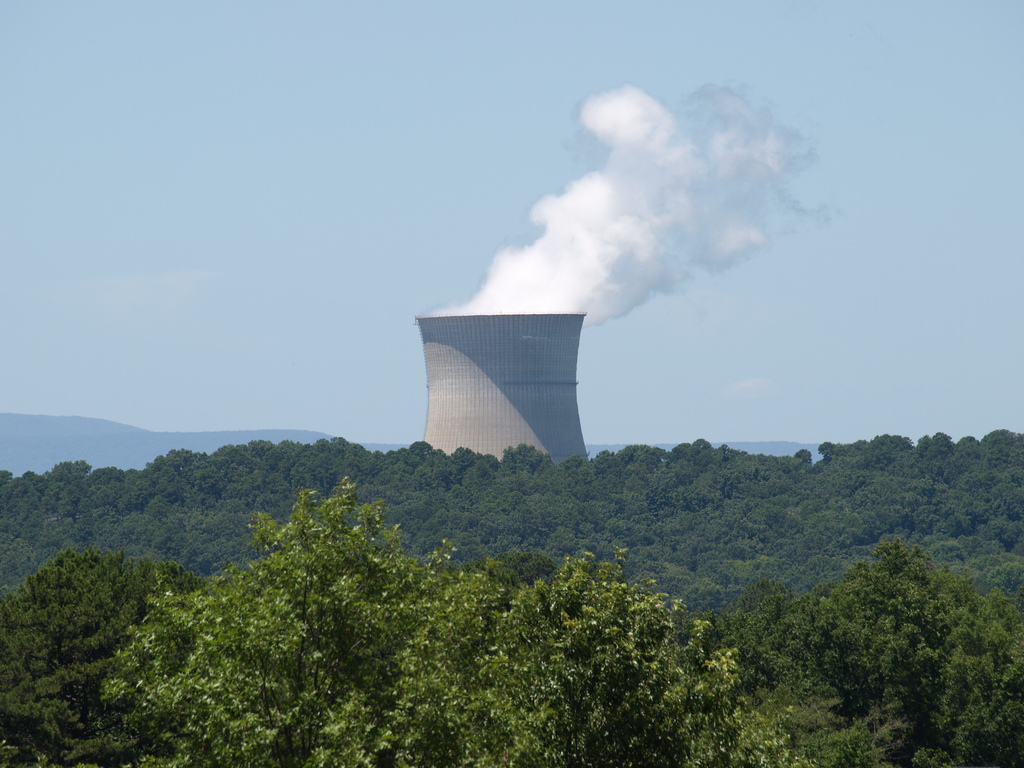Japan has discovered potentially harmful levels of radiation in Tokyo tap water, and contamination levels in some foodstuffs have been high enough for the U.S. to halt imports. Even if you live in Japan, you're unlikely to encounter these potentially dangerous eats — contaminated food is being kept out of grocery stores. But just in case you're the type who's already taking a Geiger counter to Food Lion, here are the most susceptible edibles.
Leafy vegetables
- Why they're susceptible: The broad leaves of plants like spinach and cabbage have a lot of surface area for radioactive particles to fall on.
- How radioactive?: Spinach from one prefecture near the plant was at 27 times the legal limit.
- Will it hurt you?: According to CNN's Sanjay Gupta, you'd have to eat it every day for a year to get a dose of radiation equal to a chest CT scan — which gives you a shot of radiation only a little above the average yearly exposure for Americans. Health physicist Peter Caracappa goes further — he says you'd have to eat two POUNDS of it every day.
Milk
- Why it's susceptible: Radioactive particles fall on grass, which is eaten by cows.
- How radioactive?: A lot of milk from a town 29 miles away from the plant had 1,500 becquerels per kilogram. Plant workers are limited to a million becquerels per year, which is supposed to be too low to do damage.
- Will it hurt you?: Only if you drink 58,000 glasses, says Caracappa. That's two 8-ounce glasses a day for 80 years. Do that, and you'll raise your lifetime cancer risk by 4 percent — but you'll have lived so long you might not even mind. Still, children in particular drink a lot of milk, and they're more susceptible than adults to thyroid damage from radiation.
Seafood
- Why it's susceptible: Seawater has plenty of surface area for soaking up radioactive dust.
- How radioactive?: Maybe zero. Japanese officials say they haven't found dangerous levels of radiation in any fish that have been caught — there's been no fishing near the plant.
- Will it hurt you?: Small fish aren't going to live long enough to absorb radiation to harmful levels. Large fish might, but hopefully the FDA's electronic screening would catch harmful levels of radioactivity in imported fish.
Water
- Why it's susceptible: Like seawater, reservoir water catches radioactive particles easily.
- How radioactive?: Yesterday levels in Tokyo municipal water were down to 79 becquerels per liter, but on Wednesday they were as high as 210. That's okay for adults, but over the safe level for babies.
- Will it hurt you? Not if you're an adult. But officials say they'll distribute bottled water just in case.



